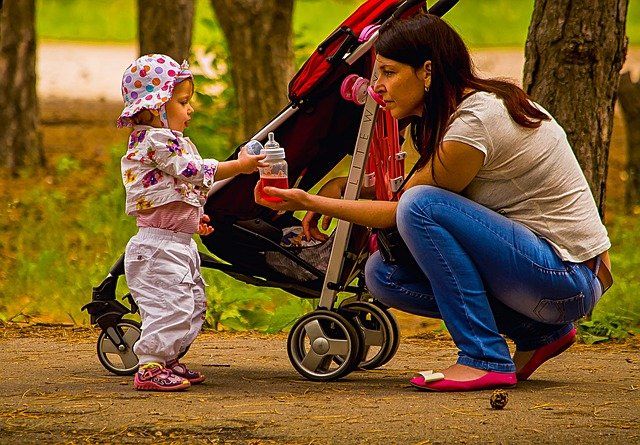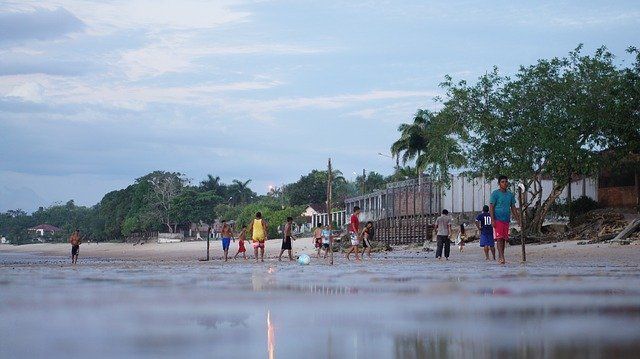
Every morning around the world, 100 million children wake up with nowhere to call home except the streets of the world’s cities. They are the ‘Forgotten Children’. Can you remember how loving hands touched you as a child? The gentle stroking of a fevered brow; the careful bandaging after scrapes and bruises; the hand-in-hand in a bustling crowd; the tender hugs and stories at bed-time? These touches were the expressions of a family and a society that cared for its children.
No future
Several years ago, on the main street of Ipanema in Brazil, the body of nine-year-old Patricio Hilario da Silva was found with a hand-written note tied round his neck. It read, ‘I killed you because you didn’t study and had no future. The government of this country must not allow the streets of the city to be invaded by kids like you’. In Brazil, a conservative estimate would indicate that as many as eight million children like Patricio ‘live’ on the streets. That would be the equivalent of every young person in the United Kingdom, from play school to the upper sixth form, living out on the streets! The most precious resource of Brazil is being thrown out on the streets. Local merchants in Brazil call these street kids ‘vermin’ and ‘garbage’.
However, the vast majority do not end up like Patricio. Left to themselves, they die a much slower death by prostitution, drug abuse (primarily glue sniffing), petty crime, sickness and chronic malnutrition. Some of these are as young as seven years old. The hands that have touched these children throughout their childhood have not been gentle — at worst they have been deadly and cruel.

Love and friendship
But there are some kind hands. In the city of Belem, at the mouth of the mighty river Amazon, I met Lynne McLeavy who works as a missionary with UFM Worldwide. Along with a Swiss colleague, Rita Bonhauser, she is seeking to provide some care, love and friendship, and the gospel of Jesus Christ, to some of Brazil’s forgotten children. Lynne comes from Leicester and was brought up on one of the toughest estates in the city. After leaving school she trained as an enrolled nurse and then joined the army, serving for some time in Germany. Leaving the army she went to work as a nurse at St Georges Hospital in Tooting. It was here, through the witness of a Christian nurse, that she came to faith in Jesus Christ.
After studying at Redcliffe Missionary Training College, she left for Brazil, where she has been for the past four years. I was in Belem with a camera crew from the Christian Television Association to make a film about the street kids, and Lynne was our key contact. Over several years she has made friends with many of them, even though she has been held up and robbed at knife point several times. Providing bread and coffee on three mornings a week, and helping them with basic medical needs, she has been able to share something of God’s love with them.

Street wise
These kids are very street wise, the girls being tougher than the boys. Girls as young as twelve and thirteen sell their bodies to buy food and drugs. There is a lot of peer pressure amongst these kids, so it is not easy to get them away from this environment. Lynne has opened a rehabilitation home for some of the girls she has managed to wean off the street. It is about forty kilometres from the city of Belem, in a quiet, respectable town. Here the girls are in a family atmosphere (some already had babies) where they are taught basic household skills. Lynne has some artistic ability, and has managed to get some of the girls involved in painting Amazon scenes on canvas. These pictures are then sold and the money used to further the work amongst the street kids.
Sharing his faith
There are many disappointments and heartaches in such ministry, but from time to time there are real encouragements. One morning we were filming down in the market area when we met Eldinaldo. He had left his home town many miles up the river because he could not get on with his father. He landed up on the streets of Belem. For five years he lived on the streets, stealing, mugging and glue sniffing. But he heard the gospel and came to trust in the Saviour, and his life was transformed. A Brazilian Christian family took him in and helped him. It was thrilling to see him sharing his faith down on the plaza, as he told other street kids what God had done in his life. Now he has gone back up river to find his father. Such events as this makes Lynne’s work well worth while.
But the girls’ home needs a married couple to create a family role model, and men are needed to come to work with the boys. We finished filming these street kids and felt emotionally drained by what we saw and experienced. But we counted it a real privilege to see something of the work that UM Worldwide through its missionaries was seeking to do for the ‘street kids’ of Belem.









